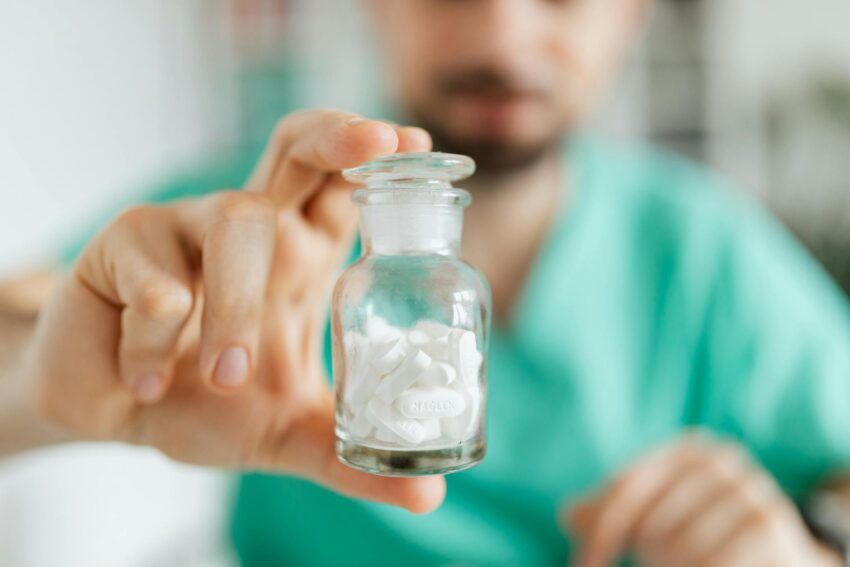As curiosity and open-mindedness towards non-traditional health and wellness practices grow, the arena of psychedelics has started seeing a new trend: microdosing. This practice involves ingesting “sub-perceptual doses” of psychedelics like LSD or psilocybin, which are extremely small amounts generally one-tenth to one-twentieth of a regular dose. Quintessentially, microdosing is seen as a gateway for cognitive enhancement, improved creativity, mood enhancement, and higher productivity, without experiencing a full-blown psychedelic trip.
Understanding Microdosing Regimen
To understand the benefits and impacts of a microdosing regimen, it is crucial to understand the process. A common microdosing regimen involves taking a microdose every three days for a few weeks or months. The idea is to witness subtle yet meaningful changes in one’s mindset, mood, and behavior over an extended period through repetitive, low impact doses, rather than experiencing a single, intense psychedelic journey.
Cognitive Enhancement and Improved Creativity and Productivity
The primary reason people are drawn towards “psychedelic microdosing” is its potential to augment cognitive functioning. While fully fledged psychedelic experiences can often be overwhelming and disorienting, microdosing appears to boost cognition in a balanced, controllable way. Various anecdotal reports and burgeoning scientific research show that microdosing can enhance problem-solving abilities, increase focus, and stimulate innovative thinking. According to a study published in the journal “Frontiers in Psychology”, participants reported enhancements in convergent and divergent thinking, aspects crucial to creativity and productivity, following microdoses of psychedelics.
Mood Enhancement and Self-improvement
Many people have reported significant mood enhancement following a microdosing regimen. Psychonauts, those who use psychedelics for exploring their minds, have described microdosing as a “secret weapon” for battling depression, anxiety, and various other mood disorders. The practice often advocates for personal growth and self-improvement, with many indicating improved emotional awareness, increased empathy, and enhanced spiritual wellness from their microdosing experiences. Research conducted in 2019 provided empirical backing for these claims, suggesting that microdosing can help reduce symptoms of psychological distress.
Neurogenesis: A Paradigm Shift
One of the most promising aspects of microdosing psychedelics lies in the field of neurogenesis, the process of forming new neurons within the brain. While the human brain was long thought to be incapable of neurogenesis post-childhood, recent discoveries have dismantled this notion. Evidence from a study suggests that psychedelics have the potential to stimulate neurogenesis, although most of this research is still in its initial stages and conclusive evidence for humans is yet to be found.
Final Thoughts
The benefits and long-term effects of microdosing are still a topic of ongoing research and the scientific understanding of the practice remains comparatively limited. However, preliminary findings, alluring anecdotal accounts, and a community-wide surge in interest certainly indicate that microdosing could hold substantial potential for certain aspects of cognitive enhancement, self-improvement, and neurogenesis. Always remember, these benefits don’t negate the legal and potential health risks associated with psychedelics, and any undertaking of such practices should be carried out responsibly with awareness and due consideration.
